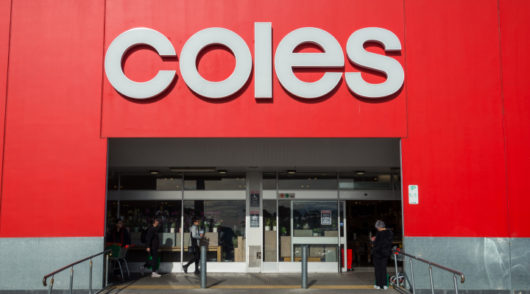 Two of the four major banks, ANZ and Westpac, finally are giving retailers a choice on how contactless debit card payments are processed, but the Australian Retailers Association believes they could be doing more to help retailers save money at checkout.
Two of the four major banks, ANZ and Westpac, finally are giving retailers a choice on how contactless debit card payments are processed, but the Australian Retailers Association believes they could be doing more to help retailers save money at checkout.
The banks have reportedly updated their merchant service agreements to allow merchants – that is, businesses – to choose to process tap-and-go debit card transactions either through the Eftpos network or Visa and Mastercard networks.
This is expected to save most businesses money, since they can choose the cheapest network based on their average basket size. ANZ, for instance, charges a fee of 25 cents to process contactless debit card payments through Eftpos, while Visa and Mastercard impose a fee of around 1 per cent of the value of a transaction.
Based on these figures, it would be cheaper for retailers with average basket sizes over $25 to process payments through Eftpos, while those with smaller average basket sizes, such as cafes, would be better off sticking with the Visa and Mastercard networks.
But while this is a positive step forward for many retailers, the ARA believes the banks should have gone all the way and rolled out a least-cost routing option.
Least-cost routing allows payments to be processed through whichever network costs the least to accept – whether that is Eftpos or Visa or Mastercard – rather than forcing businesses to choose one network for all transactions. This would benefit retailers that have a wide range of basket sizes, such as service stations, in particular.
“Although the ANZ bank has stated that it is committed to working towards [least-cost routing] it is difficult to understand why ANZ was unable to achieve this when Tyro, a small acquirer, was able to accomplish this in about three months,” Russell Zimmerman, executive director of the ARA, said in a statement.
NAB and Commonwealth Bank have yet to give merchants any choice about how tap-and-go payments are processed. One reason that it may be taking longer for the big four to adopt least-cost routing is the sheer number and different types of terminals they have in the market.
Zimmerman added that the RBA Payments System Board has been urging banks to adopt the least-cost routing platform for some time, and has even threatened regulation should the banks fail to comply.
Not just a small business issue
According to the RBA website, least-cost routing is preferable to the way the big four banks have traditionally processed contactless debit card payments – through the Visa and Mastercard networks – because it is cheaper for businesses, but also because it increases the competitive pressure between the debit card payment schemes.
This second point is one reason why many large, national retailers support the least-cost routing platform, according to Zimmerman. He told IR last year that while tap-and-go fees may be a bigger factor for small businesses, since unlike larger corporations, they are unlikely to be able to negotiate strategic rates with acquiring banks, large retailers still need Eftpos to prevent the space from becoming a “two-horse race”.
In a statement released this week, the ARA strongly encouraged businesses to consider routing debit transactions via the Eftpos network “to secure the vibrancy of the Australian retail industry and the sustainability of the economy”.





